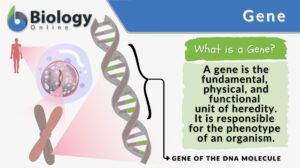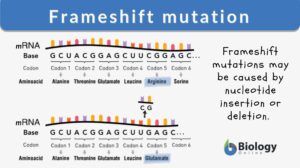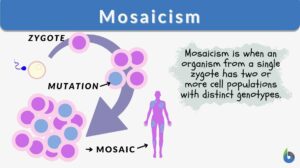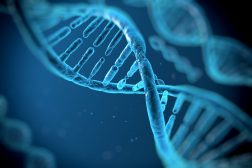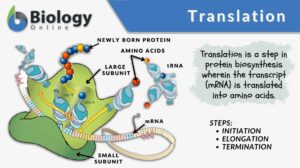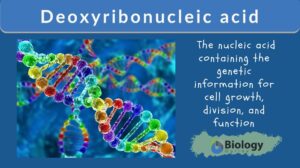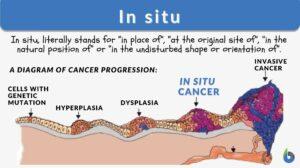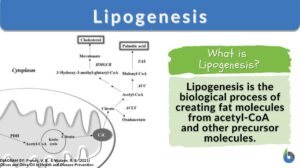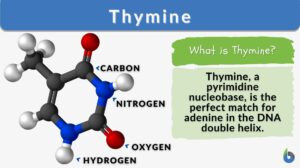Search Results for: gene conversion
Gene conversion
Definition noun A nonreciprocal gene transfer in which an allele converts the other allele into the same form as its self,... Read More
Y chromosome
Y chromosome Definition The Y chromosome constitutes one member of the pair of sex chromosomes within an organism, a common... Read More
Gene transfer
Definition noun, plural: gene transfers The transfer of genes between organisms Supplement Gene transfer pertains to the... Read More
Genomic imprinting
Definition noun A phenomenon in which the phenotype of the offspring depends on the source of the chromosome containing the... Read More
Glycolysis
What is Glycolysis and Why is it Important? Glycolysis is a metabolic pathway by which the 6-carbon molecule of glucose is... Read More
Frameshift mutation
Define Frameshift Mutation What is a frameshift mutation? In biology, insertions or deletions of nucleotides in the coding... Read More
Krebs cycle
Krebs cycle, also known as the citric acid cycle or tricarboxylic acid (TCA) cycle, is a fundamental metabolic pathway that... Read More
Interspersed repeat
Definition noun, plural: interspersed repeats A type of repeated sequence in which the copies are dispersed throughout the... Read More
Infectious heredity
Definition noun A non-Mendelian inheritance in which an infectious particle within the cell of the host may bring changes in... Read More
Non-Mendelian inheritance
Definition noun (genetics) A type of biological inheritance wherein the patterns of phenotypes do not accord with those as... Read More
Extracellular inheritance
Definition noun A form of non-Mendelian inheritance in which a trait was transmitted from the parent to offspring through... Read More
Trinucleotide repeat disorder
Definition noun, plural: trinucleotide repeat disorders Any of a set of genetic disorders caused by trinucleotide repeats... Read More
Extranuclear inheritance
Definition noun A form of non-Mendelian inheritance in which a trait was transmitted from the parent to offspring through... Read More
Thermophile
Thermophiles Definition What are thermophiles? Let us first understand the literal meaning of the word ‘thermophile’.... Read More
Genetic Control – On and Off Genes
Reviewed by: Mary Anne Clark, Ph.D.This lesson looks at the various factors involved that affect growth and... Read More
Antigenic variation
Definition noun, plural: antigenic variations (immunology) The changing of surface proteins by an infectious agent to evade... Read More
Characteristic
Characteristics Definition We can define characteristics as qualities or features that describe the distinctive nature or... Read More
Axon hillock
Axon Hillock Definition What is axon hillock? If you are familiar with the different parts of the neuron, the axon hillock... Read More
Translation
Translation, in general, is the conversion of something into another form, such as a word from one language to another. But... Read More
Lysogenic conversion
Lysogenic conversion --> lysogeny (Science: virology) The ability of some phages to survive in a bacterium as a result of... Read More
Deoxyribonucleic acid
Deoxyribonucleic Acid (DNA) Definition A nucleic acid refers to any of the group of complex compounds made up of linear... Read More
Micrococcus luteus
Definition noun A gram-positive aerobic harmless bacterium involved in the conversion of nitrate to... Read More
Pancreatic lipase
Definition noun, plural: pancreatic lipases A pancreatic enzyme that splits dietary fats by hydrolyzing triacyglycerol... Read More
Homeostasis
Homeostasis is the tendency not to stray from the range of favorable or ideal internal conditions. Such conditions must be... Read More
Luteinizing hormone
Definition noun, plural: luteinizing hormones A gonadotropin released by the gonadotropes of the anterior pituitary, and,... Read More
Lipogenesis
Lipogenesis Definition Lipogenesis is the process of producing lipid or fat to store biochemical energy for later metabolic... Read More



